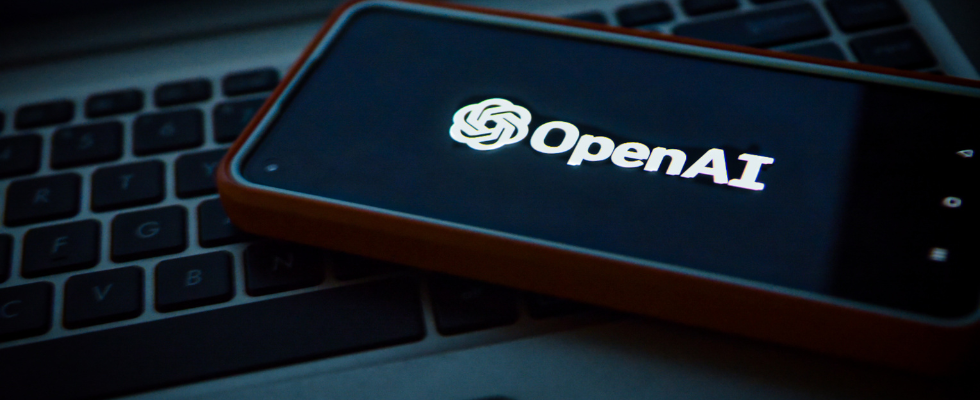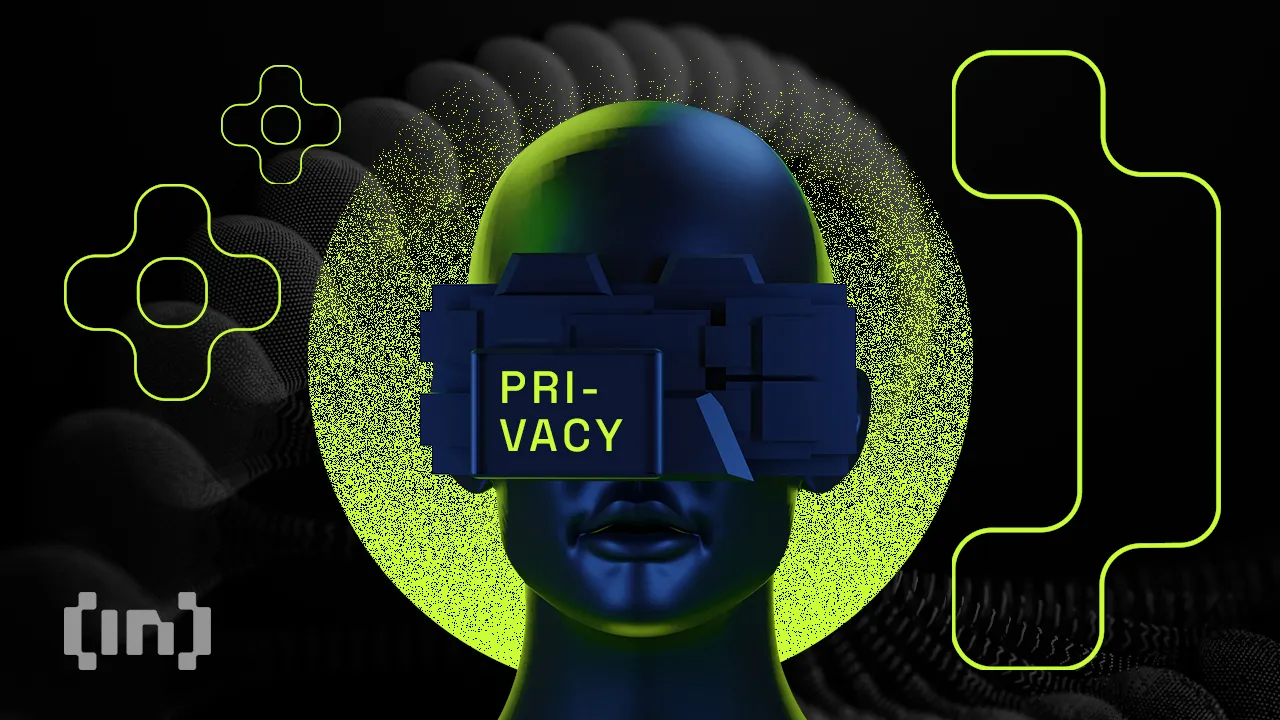at least since Discussions surrounding central bank regulated digital currencies (CBDCs) And Tornado Cash, privacy and anonymity are major issues in the blockchain sector.
NYM stands for Using the Internet Without Fear of Surveillance and Control Through Data Collection. Thanks to the further development of the Tor network, NYM enables anonymous operations and privacy at the network level.
When it comes to data protection and online privacy, NYM managers are the people to call. We want to know from the experts what our online privacy is like and what Blockchain and Web 3 can do better. We interviewed Jaya Breck (CSO) from New York, Dave Harisesen (CTO) and Ahmed Ghabbour (General Counsel).
BeInCrypto: Everyone is talking about CBDCs right now. Why are they so dangerous when it comes to our privacy? And what can countries do with all the data collected?
Jaya: CBDCs, if designed without specificity, can lead to unprecedented levels of surveillance. In addition, it allows for an automated form of in-depth control. This may lead to increased risks of exclusion and unequal access to economic opportunities. In the case of digital payment systems, scenarios can be envisaged in which, for example, additional conditions are imposed on welfare recipients on their spending or undocumented immigrants do not receive payments. The political opposition can also be prevented from raising funds.
In contrast, cash is a neutral form of payment – a pound or dollar in the hands of a billionaire is the same as a pound or dollar in the hands of a beggar. However, control risks are not just an issue for CBDCs, but for digital payment systems in general. They allow governments and corporations to directly define, target, and control economic activity at the individual and state levels.
The point is that with digital payments, your spending patterns feed profiling algorithms, which can then become the trigger for all sorts of terms and actions that divide sectors of society. For this reason, privacy protection should not be just a promise, but rather built into the technical architecture of these future payment systems. To ensure economic democracy and freedom.
Blockchains (in most cases) are pseudonymous, i.e. not completely anonymous. Why are they still better than CBDCs and why aren’t they?
Jaya: Blockchain is certainly no better than CBDCs by itself. In many cases they can be worse because they are public ledgers with no privacy at the network level. Therefore, transactions can be anonymised not only by the government but also by other malicious actors. However, blockchain could be part of a better solution: by providing a degree of transparency and accountability to the underlying infrastructure for digital payments. with the Introduction of new zero-knowledge (ZK) protocols All of this will change. Because of that, 2023 is sure to be an interesting year!
In short, blockchain does not solve the problem in and of itself, but it can be part of the solution if used correctly. More importantly, central banks wait until there are tangible solutions to these problems before presenting them. All previous experience shows that when it is technically feasible, monitoring and targeting take place, which undermines everyone’s security.
What type of blockchain provides the highest level of privacy?
Dave: There are already a few blockchains that offer privacy features – ZCash and Monero are arguably the most popular here. They provide purpose-built privacy for currency conversions, and they do it well. But they can’t run smart contracts, so their functionality is intentionally very limited.
I think introducing privacy features for implementing smart contracts, which Nym is rolling out on the mainnet, is the obvious next step. We will provide data protection within the Cosmos IBC-enabled ecosystem of CosmWasm smart contracts. The zk-nym login system provides Cosmos developers with easy-to-use privacy features and will be rolled out gradually over the first two quarters of 2023.
We believe it will change the way people think about privacy and blockchains. Looking ahead, there are many draft privacy feature protocols to allow people to control their privacy levels. The perfect privacy blockchain has not yet been developed.
The US Treasury Oversight Council (OFAC) prohibits OFAC-compliant entities from doing business with Tornado Cash. Do you think OFAC should have this much power?
Ahmed: No way. eviction Tornado Cash by OFAC in perhaps the largest abuse of its powers in the agency’s history. For the first time, it wielded its power against an algorithm—a string of ones and zeros running on its own in the world. However, the law that empowers the executive to apply and enforce penalties, the IEEPA, only applies to legal entities. So for corporations and other “companies” that have some form of legal personality. In fact, it is difficult for OFAC to handle legal challenges to this breach. The executive branch cannot exercise power without constitutional or legal authority.
And so a developer got arrested for writing lines of code.
Ahmed: The case of Alex Bertsev was kept top secret. So it’s still not clear to me if he’s being accused of anything more than just writing code. I also wonder if the allegations stem from a time before the project was fully decentralized. The lack of transparency about such serious allegations against a developer should be a concern for everyone, not just those in the privacy and Web 3 fields.
How can we protect developers? By anonymity?
Ahmed: Anonymous login technology like zk-nyms (soon to be) can allow developers to anonymously verify the work they do. In a sufficiently decentralized project, developers can pick up tickets, log in, and get rewards without compromising their anonymity.
This is a positive look at the end of the conversation. We are excited to see how far the technology will evolve and how it will also be viable from a regulatory point of view. Many thanks to all three of you for the interesting and insightful interview!
Want to talk to like-minded people about the latest news and developments? Then kick Here in our Telegram group.
Not giving an opinion
All information on our web site has been researched to the best of our knowledge and belief. Press contributions are for general information purposes only. Any action taken by the reader based on the information on our site is entirely at his or her own risk.

“Certified tv guru. Reader. Professional writer. Avid introvert. Extreme pop culture buff.”





More Stories
OpenAI modernizes enterprise applications | OnlineMarketing.de
Classic espionage, cyber attacks, creating economic dependencies, and technology withdrawal –
How the technology behind ChatGPT powers this bot